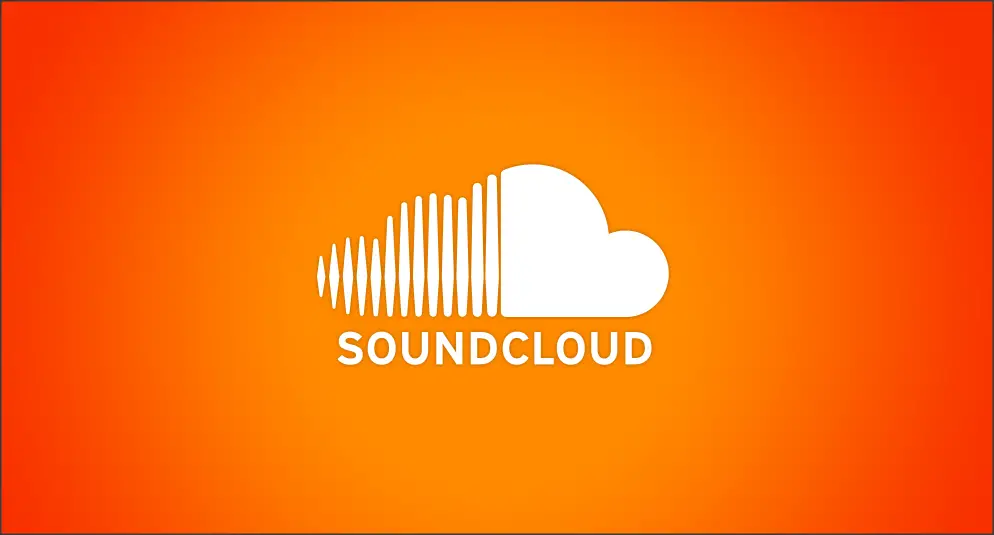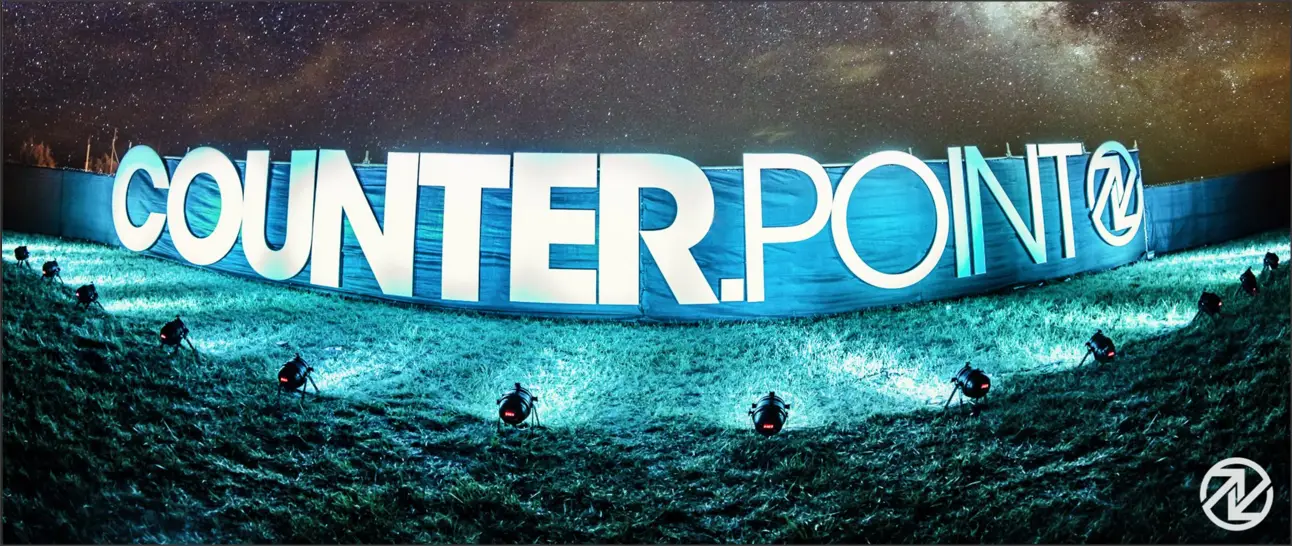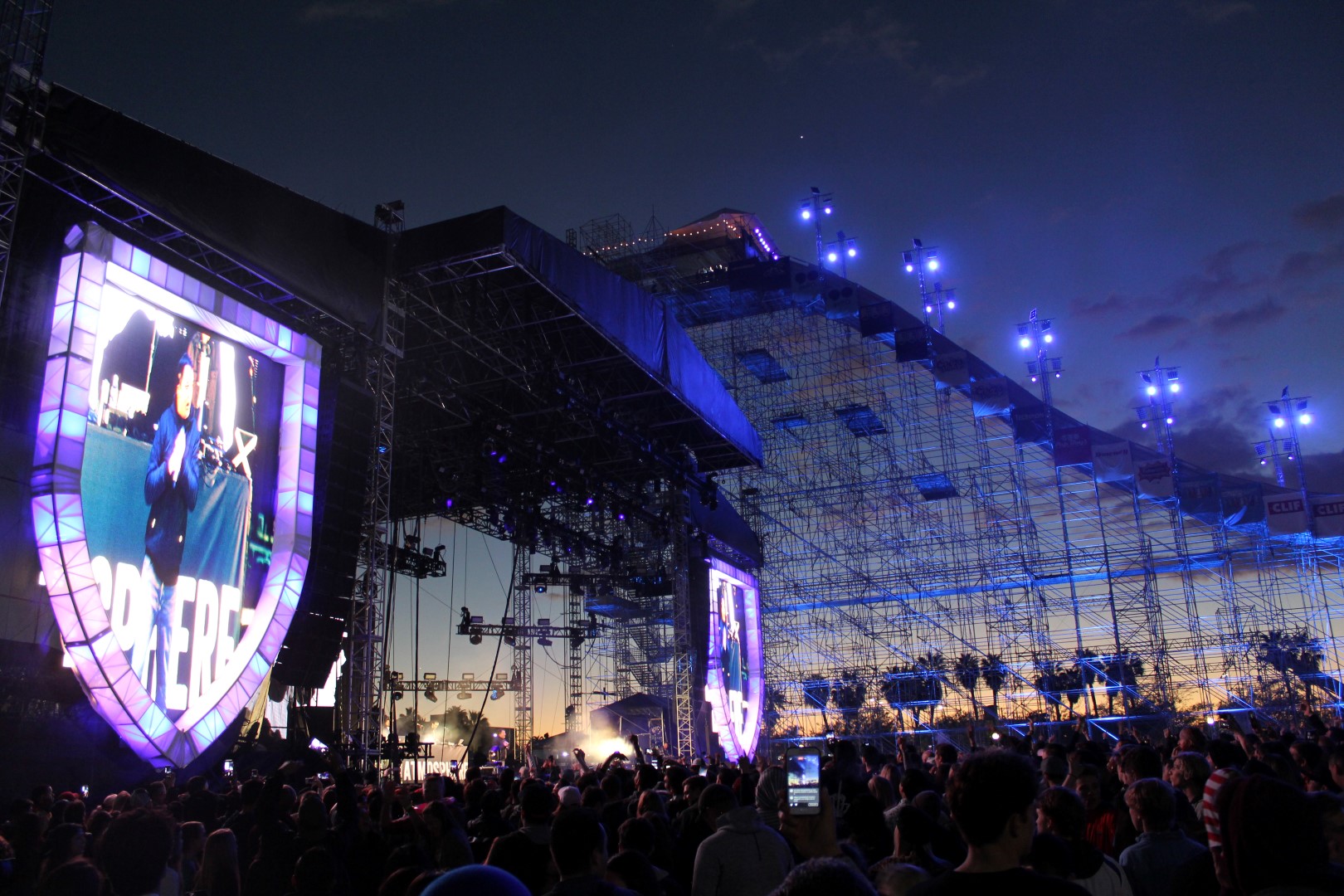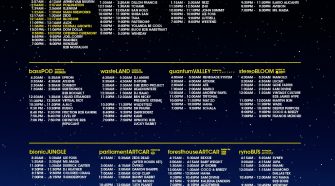In the ever-evolving landscape of technology, artificial intelligence has transcended traditional boundaries, making its mark in various domains. One such area witnessing a transformative shift is the realm of music composition, thanks to the advent of Google’s Music Language Models (MusicLM). These sophisticated AI systems are designed to understand, generate, and enhance musical compositions, pushing the boundaries of creativity and innovation in the music industry.
Understanding MusicLM:
MusicLM is a specialized application of language models that utilizes advanced algorithms and neural networks to analyze and generate music. Inspired by the success of natural language processing models, such as GPT (Generative Pre-trained Transformer), MusicLM leverages similar principles to comprehend the intricate language of music, including rhythm, melody, harmony, and structure.
The Core Components:
-
Data Training: MusicLM is trained on vast datasets containing diverse musical genres, styles, and compositions. The model learns the patterns, nuances, and structures embedded in the data, enabling it to create music that aligns with the characteristics of different genres or follows specific styles.
-
Neural Networks: The neural networks within MusicLM are designed to capture and understand the hierarchical relationships in music. This allows the model to recognize patterns, generate coherent musical sequences, and even respond dynamically to user input.
-
User Interaction: One of the notable features of MusicLM is its adaptability to user preferences. Musicians, composers, and producers can interact with the model, providing input and guiding the creative process. This interactive element facilitates collaboration between human creativity and artificial intelligence.
Applications of MusicLM:
-
Composition Assistance: MusicLM can serve as a valuable tool for composers, aiding them in generating musical ideas, exploring harmonies, and experimenting with different arrangements. Composers can use the model to overcome creative blocks or find inspiration in unexplored musical territories.
-
Customization for Media: Film, television, and gaming industries can benefit from MusicLM by using it to create customized soundtracks. The model can adapt to the emotional nuances of a scene, generating music that enhances the overall impact of visual storytelling.
-
Educational Tool: MusicLM can also be utilized as an educational resource, helping students and aspiring musicians understand the principles of music composition. By interacting with the model, learners can gain insights into various musical styles and experiment with creating their own compositions.
Challenges and Ethical Considerations:
As with any emerging technology, MusicLM is not without its challenges. Critics raise concerns about the potential loss of human creativity and the risk of homogenizing musical output. Striking a balance between the use of AI tools and preserving the authenticity of human expression remains a critical consideration.
Additionally, ethical concerns regarding copyright, ownership, and fair compensation for AI-generated music need to be addressed. The music industry must adapt its legal frameworks to accommodate the unique challenges posed by the integration of AI in the creative process.
We asked MusicLM to try and create a song like Solomun would play in Tulum, Mexico. The result wasn’t horrible but definitely not something that would make the Beatport charts. We also tried to have the service create EDM tracks like Avicii would produce or Tiesto would as a trance track and the service would not do so, apparently for copyright reasons? The Solomun track you can listen to here:
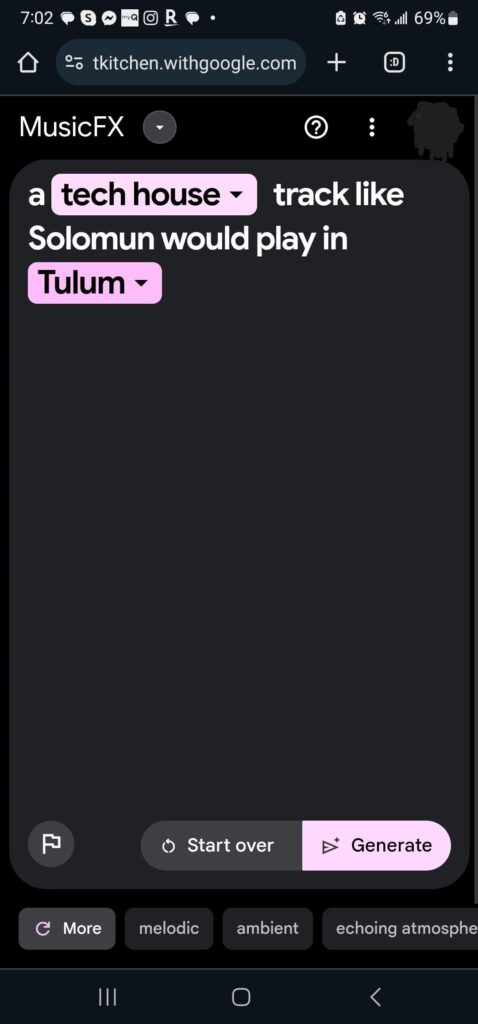
To create a song you simply give the prompt the directions as to what sort of song you’d like. The song creator is part of Google Labs and you have to sign up to check it out here.
Conclusion:
MusicLM represents a groundbreaking fusion of artificial intelligence and musical creativity. As this technology continues to evolve, it holds the promise of unlocking new realms of musical expression and pushing the boundaries of what is possible in composition. Embracing MusicLM not as a replacement for human creativity but as a collaborator opens up exciting possibilities for the future of music. The synergy between human ingenuity and artificial intelligence in the world of music promises to reshape the landscape of musical composition, offering a harmonious blend of tradition and innovation.


